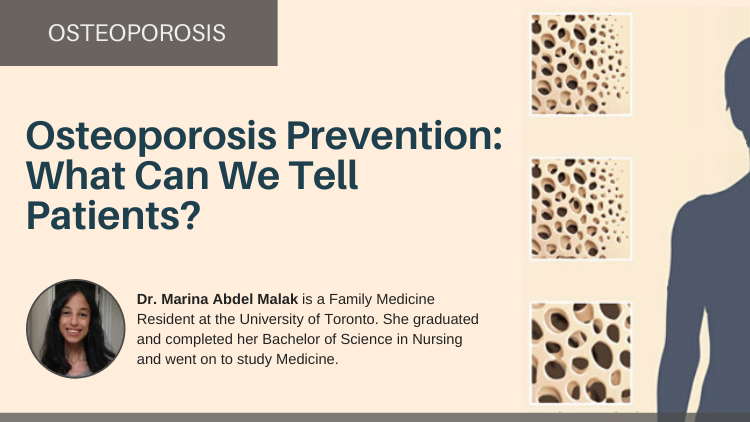is a Family Medicine Resident at the University of Toronto. She graduated and completed her Bachelor of Science in Nursing and went on to study Medicine. She has a passion for medical education, patient empowerment, and increasing awareness about the relationship between mental, emotional, and physical health.

